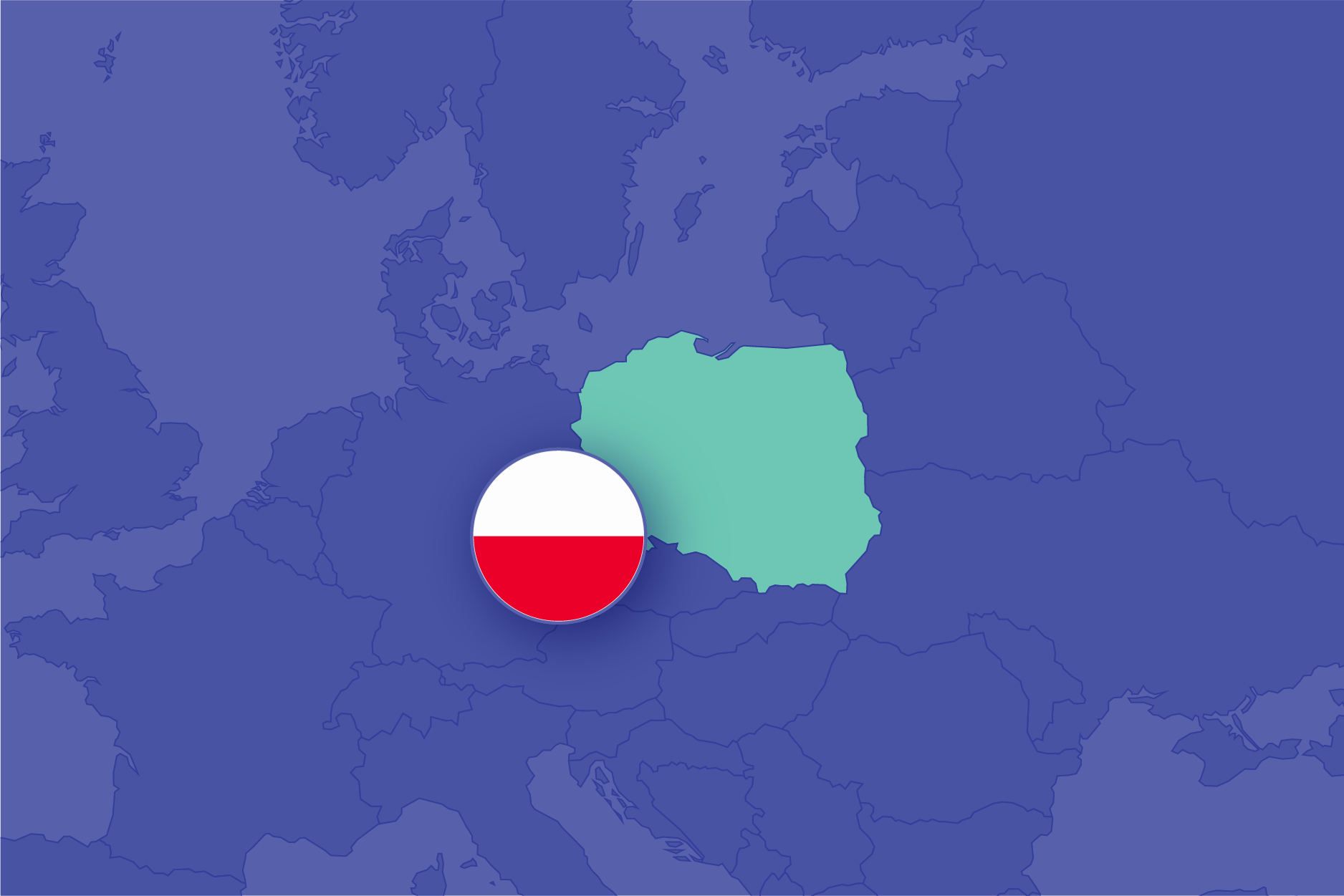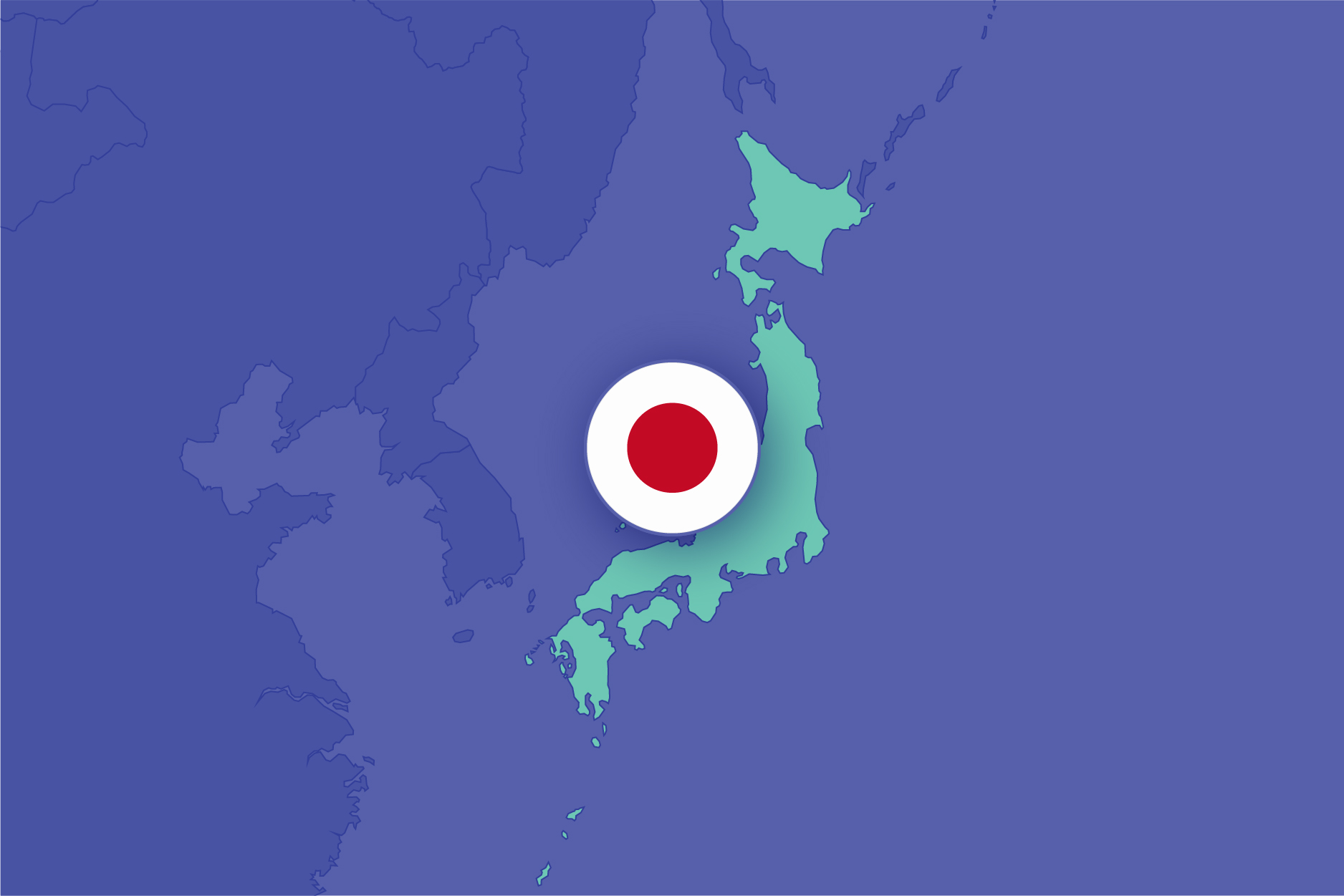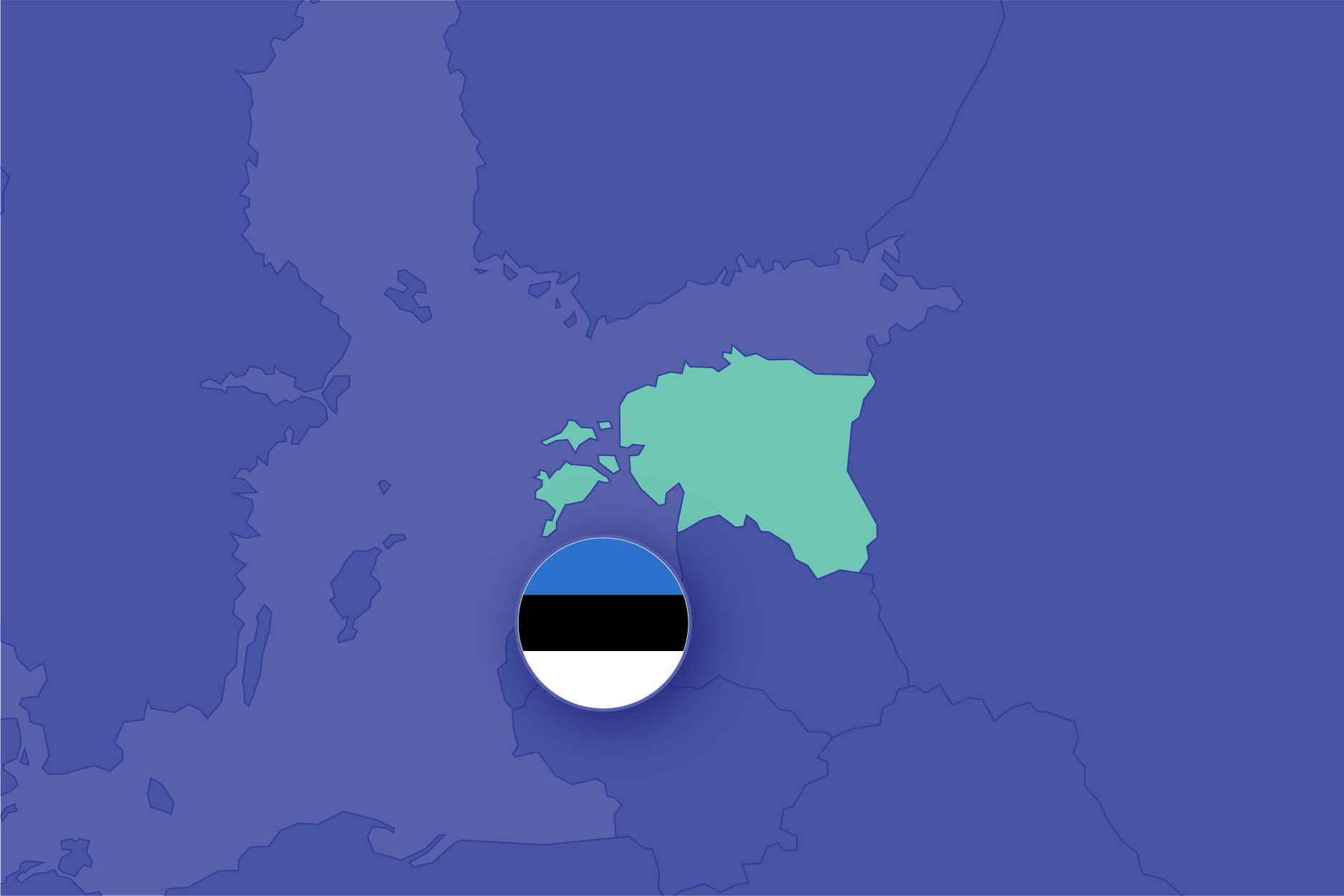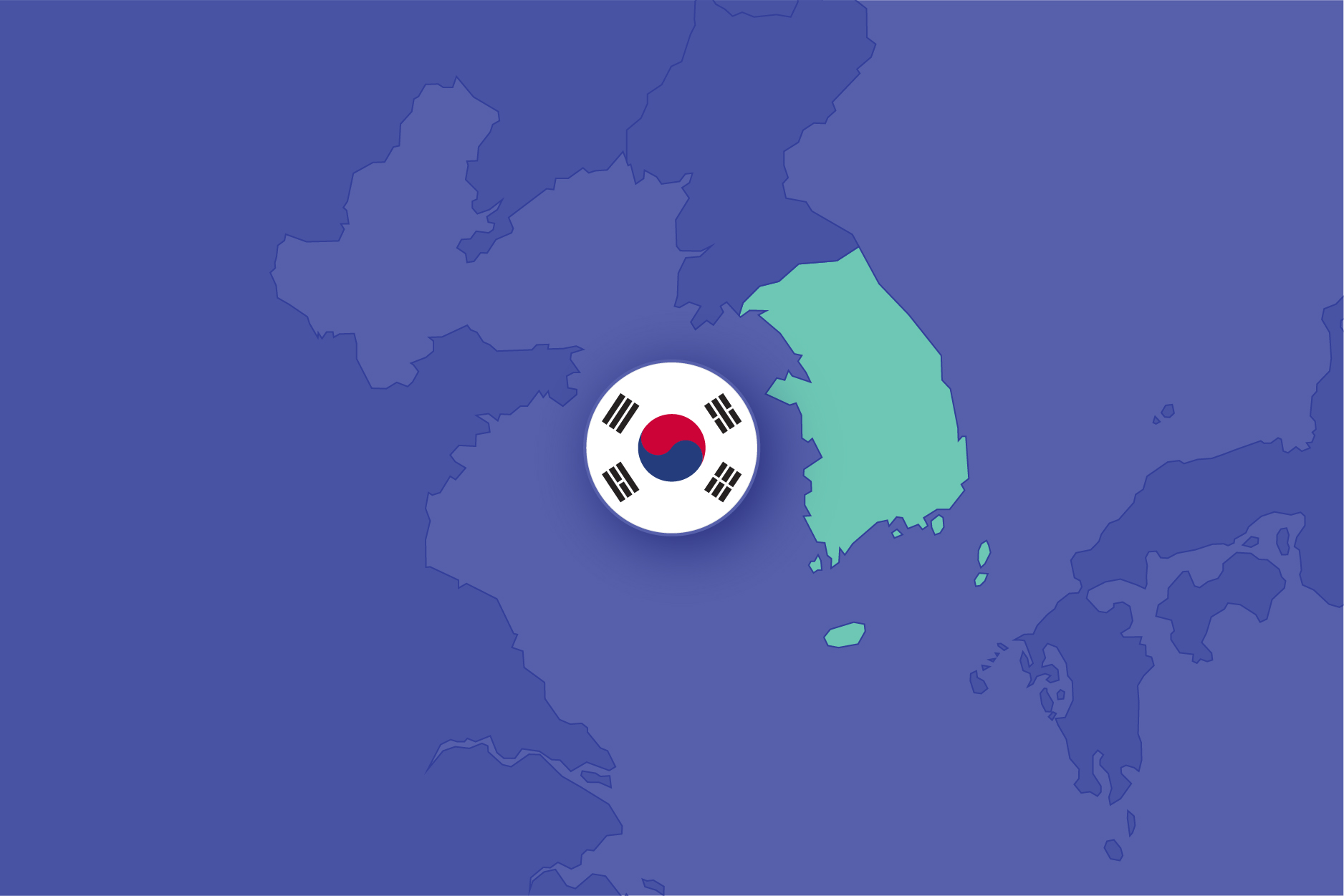In this webinar, hosted by NCEE in collaboration with OECD, education experts discuss the 2022 PISA Mathematics results and their implications for U.S. education.
As the summer months come to a close, CIEB spoke to members of our International Advisory Board to find out what issues are front of mind for them in today’s ever-evolving world of work and its impact on education.










